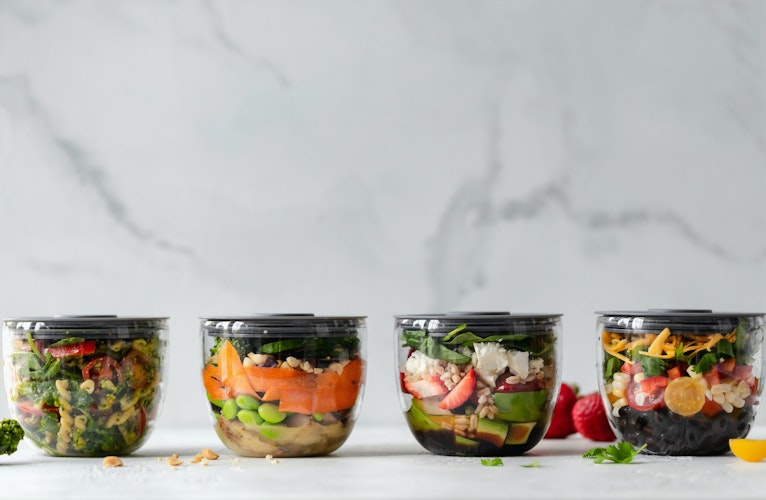New dining experience: changing expectations in food at work
From single-use containers to contactless services, how will food services respond to changing consumer demands in the post-Covid 19 workplace? A new report from Aramark spells it out
The pandemic has changed the landscape of work significantly. While some changes might be short-term, others will alter the course of businesses for years to come. This is especially true in area of food services where consumer patterns have changed beyond recognition. Whereas food was once a communal and socially binding experience, it is currently one which people want to consume in the safety of their own homes.
‘New social distancing policies will mean that the workplace kitchen is no longer a social hub…’
Many workplaces have invested heavily in their food areas because they are typically spaces where people serendipitously meet each other and have conversations, but now a shift in consumer attitudes marks a change in how we communicate and collaborate together. New social distancing and safety policies will mean that the workplace kitchen is no longer a social hub, but a place where people feel cautious.
Responding to change
Food providers such as Aramark need to be dynamic in their response to these changing behaviours and expectations. In its report Innovations in the emergency dining needs of today’s essential employees, Aramark lays out new guidelines and a map of how it will respond to changing consumer behaviours. From prioritising food safety above all else to maintaining social distancing rules, Aramark looks at how the new restaurant space might look in the future office.
Organisations deciding how they will cater for employees will need to consider the space in which they offer food – will this space need enlarging? They will consider how to better integrate technology into their food offering – can mobile ordering be used from a desk? – and how they can sustainably use single-use containers.
As the pandemic conditions change on a day-to-day basis, food providers need to stay dynamic and in line with consumer needs and expectations. Organisations meanwhile need to start thinking about how new eating behaviours will manifest in the physical office space.








